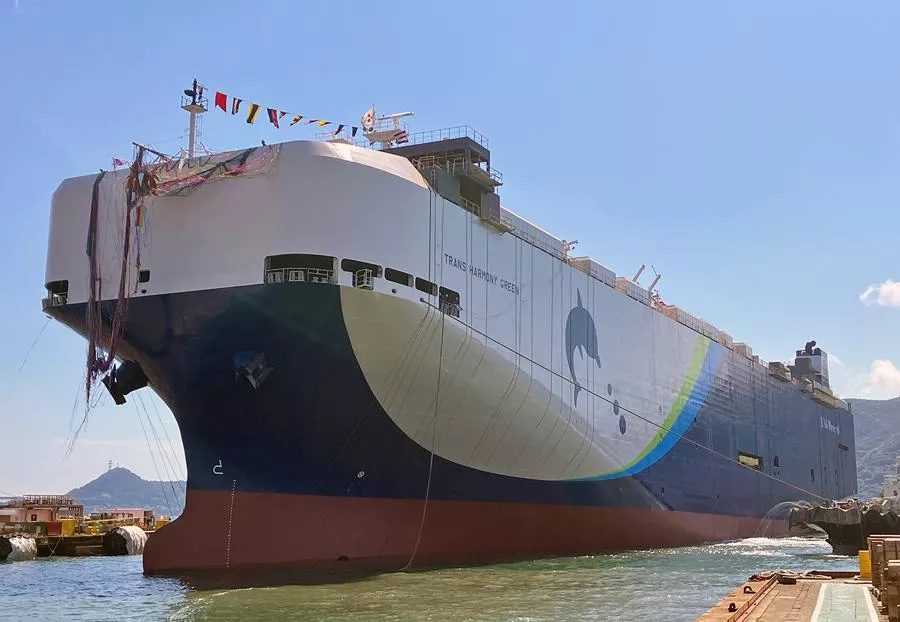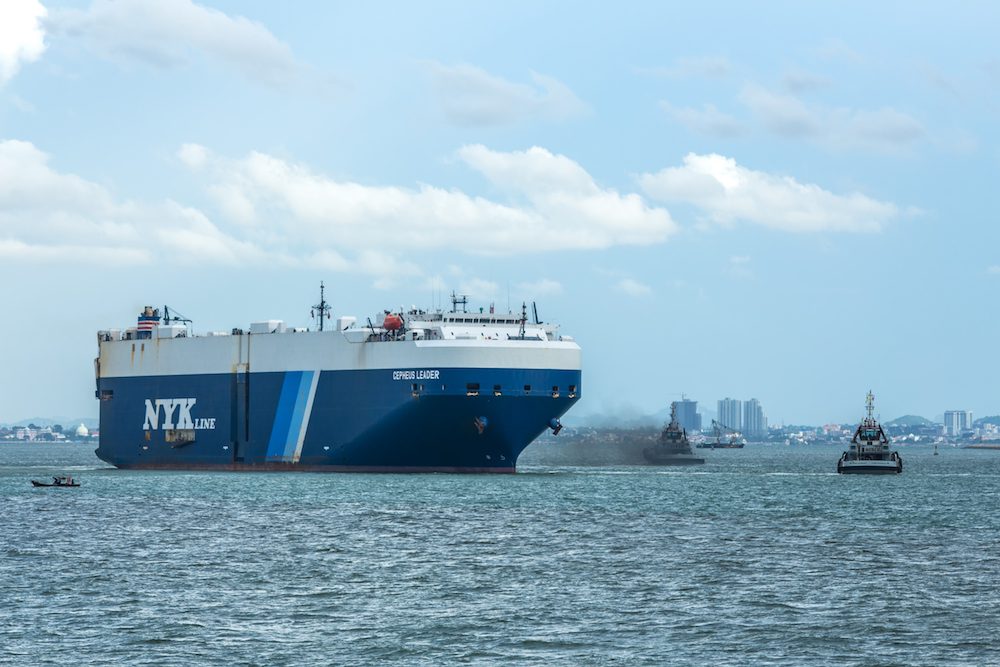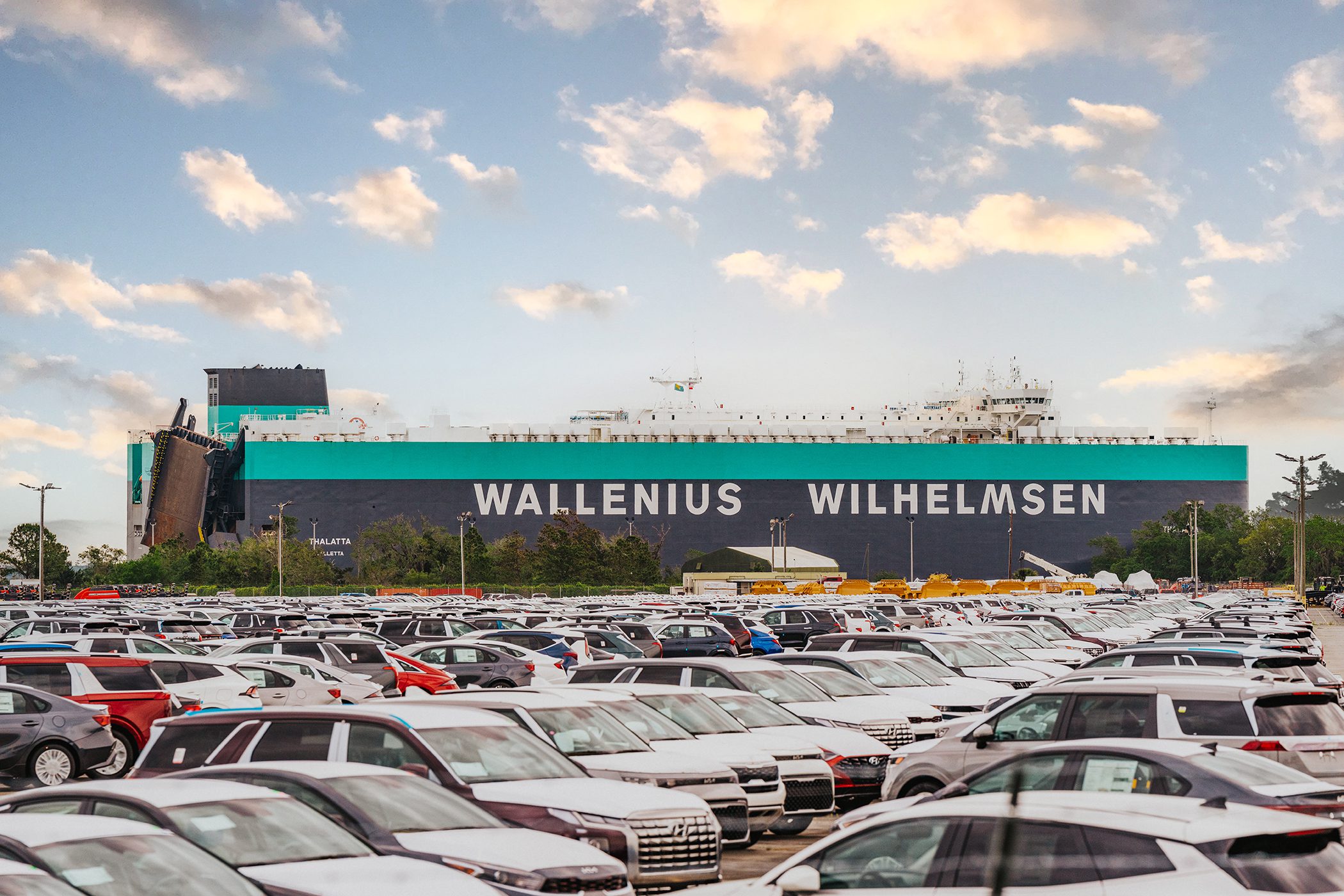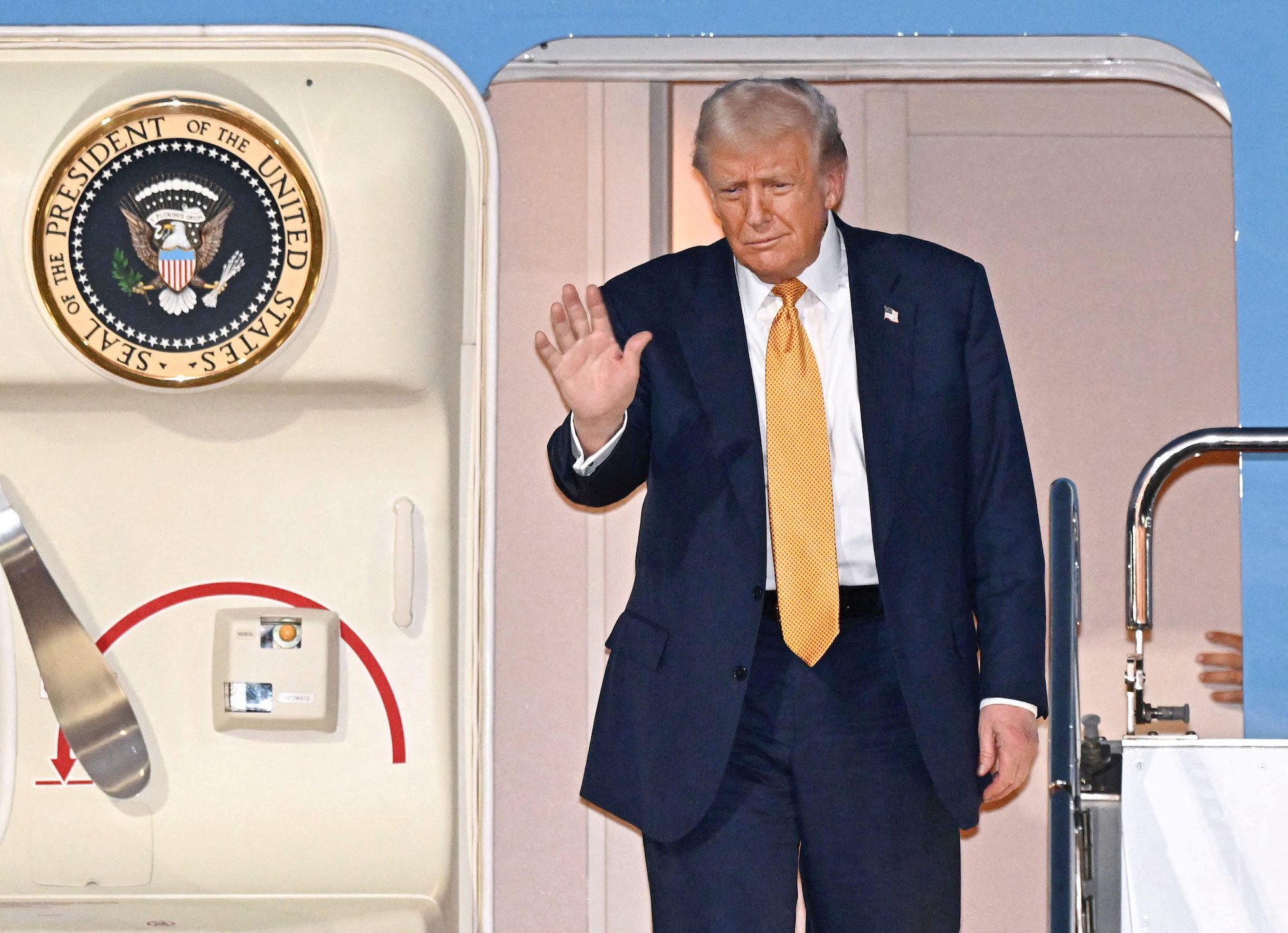Mitsubishi Shipbuilding Co., a subsidiary of Mitsubishi Heavy Industries (MHI) Group, has been contracted to construct Japan’s first two methanol-fueled roll-on/roll-off (RoRo) vessels for Toyofuji Shipping and Fukuju Shipping.
The ships, which are planned to be delivered by the end of 2027, will be constructed at Shimonoseki Shipyard & Machinery Works in Yamaguchi Prefecture. The vessels will measure approximately 169.9 meters in length and 30.2 meters in breadth, with a gross tonnage of 15,750 and a loading capacity of about 2,300 passenger vehicles.
The vessels will feature a high-performance dual-fuel engine capable of running on methanol and heavy fuel oil, reducing emissions by 10% compared to conventional fuel oil-powered ships. The potential future use of green methanol could result in even greater reductions in emissions.
Mitsubishi Shipbuilding’s technology, previously deployed in the construction of liquefied gas carriers, will now be harnessed to build these first-of-their-kind RoRo vessels for Japan. The progressive design includes a windscreen at the bow and a vertical stem to decrease propulsion resistance, coupled with MHI’s proprietary energy-saving system technology for improved fuel efficiency.
Editorial Standards · Corrections · About gCaptain

 Join The Club
Join The Club











